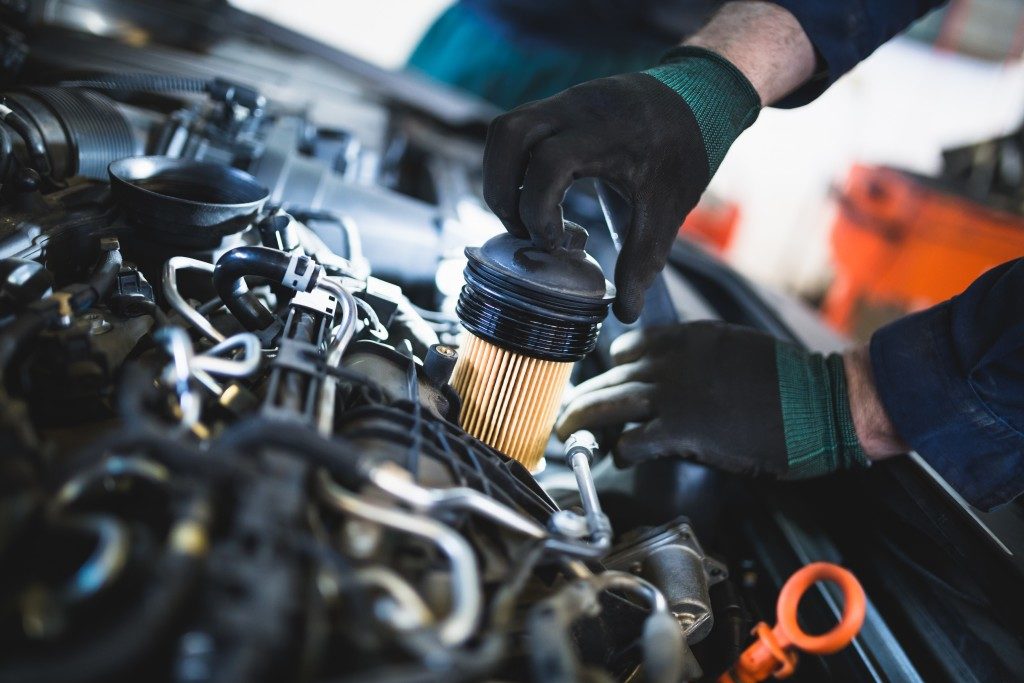It has been well-established that preventive and routine maintenance is vital to a machine’s longevity. The last thing that you would want to happen is for your equipment to break down in the middle of operations due to improper maintenance. Whether it’s mobile onsite testing in Georgia or your machine’s motor or other operational components, the importance of scheduled checks cannot be stressed enough.
Benefits of Preventive Maintenance
Preventive maintenance allows early detection of problems before they worsen. This ensures asset reliability and eliminates any equipment failure or downtime that may occur. This kind of checks should be viewed as a proactive and necessary approach that will benefit all types of business.
Here are some steps that should be followed:
Stay on Top of Operator Training
Lack of training exposes not only your equipment to significant risks, but it can also pose threats to you and your employees. Inadequate training can also be harmful to your business. It can be a cause of interruption to your production schedules, leading to your company failing to meet deadlines.
Untrained or even poorly trained workers are most likely to cause accidents. According to the U.S. Bureau of Labor Statistics (BLS), almost 14% of workplace deaths in 2017 were caused by contact with objects and equipment – with the majority of the employees being struck by a piece of equipment. That being said, it is not a surprise that the Occupational Safety and Health Administration (OSHA) explicitly requires that training be provided as a way to protect workers from struck-by accidents.
Additionally, untrained operators can lead to excessive idling and non-productive hours. This, in turn, drives up fuel costs. Research has shown that idle time can represent as much as 40 to 50 percent of total running costs. On the other hand, skilled workers use 10 to 12 percent less fuel every single day than untrained operators.
Check the Lubrication
 Lubrication is one of the first and foremost important step in any maintenance checks. The right lubricant can reduce friction around any moving part of a piece of equipment. By ensuring that the parts are properly lubricated, you will be able to prevent any unnecessary wear and tear and extend the life of the equipment. Studies performed by the Massachusetts Institute of Technology’s (MIT) Dr. Ernest Rabinowicz showed that up to 70 percent of moving machine failures are caused by wear and corrosion. Both of these factors are directly and indirectly attributed to ineffective lubrication.
Lubrication is one of the first and foremost important step in any maintenance checks. The right lubricant can reduce friction around any moving part of a piece of equipment. By ensuring that the parts are properly lubricated, you will be able to prevent any unnecessary wear and tear and extend the life of the equipment. Studies performed by the Massachusetts Institute of Technology’s (MIT) Dr. Ernest Rabinowicz showed that up to 70 percent of moving machine failures are caused by wear and corrosion. Both of these factors are directly and indirectly attributed to ineffective lubrication.
Clean Frequently
The cleanliness of a machine can often be overlooked even if the need and importance of keeping machines cleaned on a regular basis are somewhat obvious. Properly cleaned equipment prevents corrosion and deterioration of elements, allowing it to give much better performance. When a machine starts to collect a lot of grime or begins to rust, it also makes servicing the equipment harder and long-term problems can start to appear.
Maintain a Schedule of Planned Maintenance
Establish forecasts for the expected life of all machinery and their components and replace them on schedule. A maintenance log will help ensure that checks are not missed and that compliance is adhered to. This includes inspecting components for wear and damage. Any components that need to be replaced ahead of schedule can mean a larger problem that needs to be diagnosed. Any unusual sound, smell, or odd vibration can also mean trouble.
Underestimating the importance of preventive maintenance for your machinery can end up costing you a lot of money. Routine checks can help your managers and staff to focus on preventing equipment failure rather than reacting to them in emergencies.
